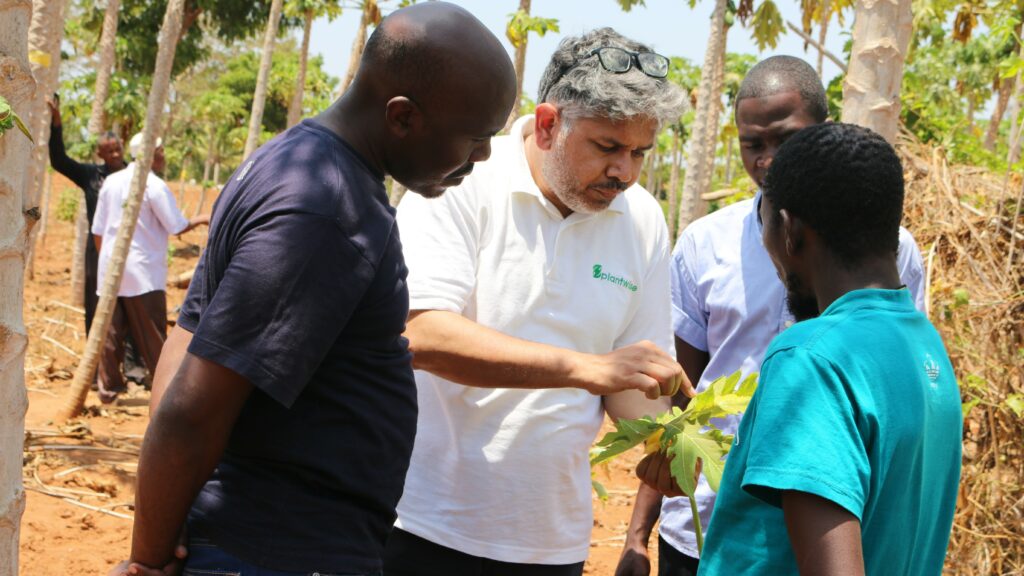
PlantwisePlus has been working in collaboration with partners in Kenya to implement a classical biological control strategy to manage papaya mealybug (Paracoccus marginatus). The invasive pest has been devastating papaya crops in Kenya. A CABI study in 2019 found it caused an estimated 57% yield losses across five counties.
The papaya mealybug originates from Central America and was first reported in Kenya in 2016. It has since spread rapidly across the country. The polyphagous pest forms heavy infestations on aerial plant parts, even killing some host plants, particularly papaya.
Alongside the Kenya Agricultural and Livestock Research Organization (KALRO) and the Kenya Plant Health Inspectorate (KEPHIS), PlantwisePlus has been testing the efficacy of the parasitoid wasp, Acerophagus papayae, as a biological control agent.
After testing in quarantine, A. papayae was released in the coastal counties of Mombasa, Kwale, and Kilifi in December 2021. At these pilot sites, the parasitoid is now established and controlling the pest.
In order to strengthen the classical biological control programme and build national capacity, Abdul Rehman from the CABI Centre in Pakistan travelled to Kenya to facilitate training in mass rearing and implementation of an effective biological control strategy. The course was taken by technical personnel from CABI, KALRO and extension officers from three counties.
Mr Rehman is very experienced in this field having been part of a similar successful classical biological control programme to control papaya mealybug using A. papayae in Pakistan.
The three-day training included both theory and practical sessions in the lab and out in the field.
In the lab, participants learned the rearing methodology and while out in the field they collected infested leaves and identified papaya mealybug mummies (when the parasitoid larva has completed its larva development, it pupates inside the mealybug body, killing it in the process, and turning into a “mummy”) at release sites. They also took the opportunity to train farmers on the use of the parasitoid to control papaya mealybug and the importance of avoiding insecticides when doing so.
Farmers in the region can spray up to 16 times in one season to control papaya mealybug, using highly hazardous pesticides. Due to the waxy surface of papaya mealybug, the chemical pesticides are often not effective. Plus, these toxic chemicals can negatively impact native insect biodiversity like pollinators and natural enemies. Classical biological control is a more environmentally-friendly and ecologically-sound approach to managing pests.
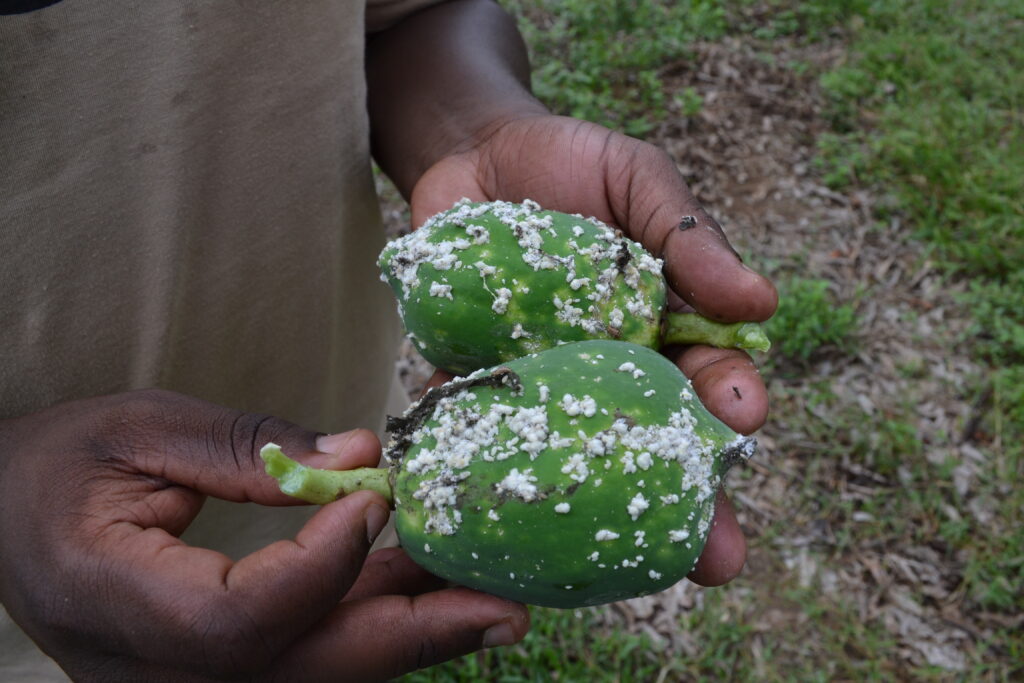
The knowledge gained from the training will help CABI and partners to move on from the pilot production of A. papayae where few farms have been reached, and scale up by the end of 2022. That would mean going from producing hundreds of parasitoids a month to reaching 50,000 a month. Such a scale-up would mean that parasitoids could be distributed by post, reaching more farmers and ultimately helping A. papayae to establish in Kenya. The coastal regions in particular offer fair to excellent probability rates for establishment.
PlantwisePlus is continuing the scale-up of the biocontrol programme gradually, working with communities in Kenya. So far, the team have found that 85% of farmers view the release of a biological control agent to manage papaya mealybug positively.
This training was therefore a crucial step in setting up a scalable and sustainable operation at community-level.
The programme is committed to reducing reliance on high-risk farm inputs that have adverse effects on human health and biodiversity. By implementing biological control programmes such as this, PlantwisePlus is responding to the challenge and working to improve livelihoods through sustainable approaches to crop production.
Read more
Crop losses and economic impact associated with papaya mealybug (Paracoccus marginatus) infestation in Kenya [open access]
Natural enemy fight increased against papaya mealybug in Kenya
Biological control of invasive insects
CABI Bookshop: The Papaya – Botany, Production and Uses
1 Comment
Leave a Reply
Related News & Blogs
How do pest risk registers address the spread of plant pests in Africa?
Pest risk registers can help to solve problems in agriculture, addressing the growing global threat of plant pests. Moreover, changing weather patterns, led by rising temperatures, are causing them to reproduce faster and expand into new regions. In ad…
10 July 2025

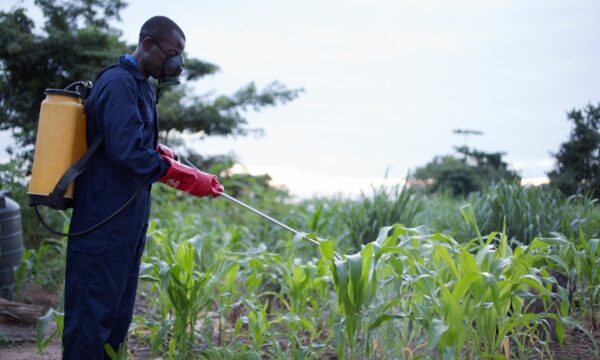
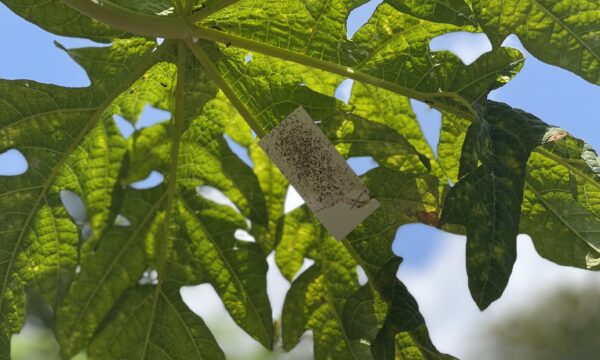
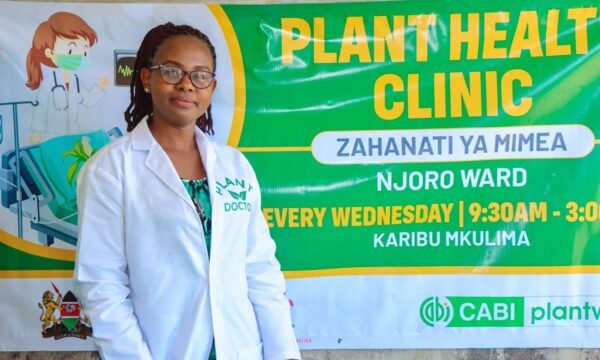

The same challenges were experienced by farmers in my country Somalia and need to have such trainings